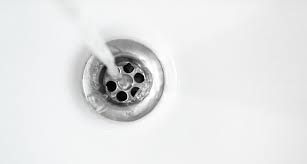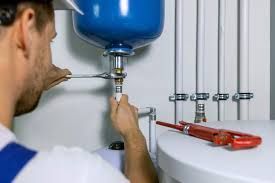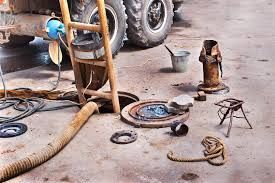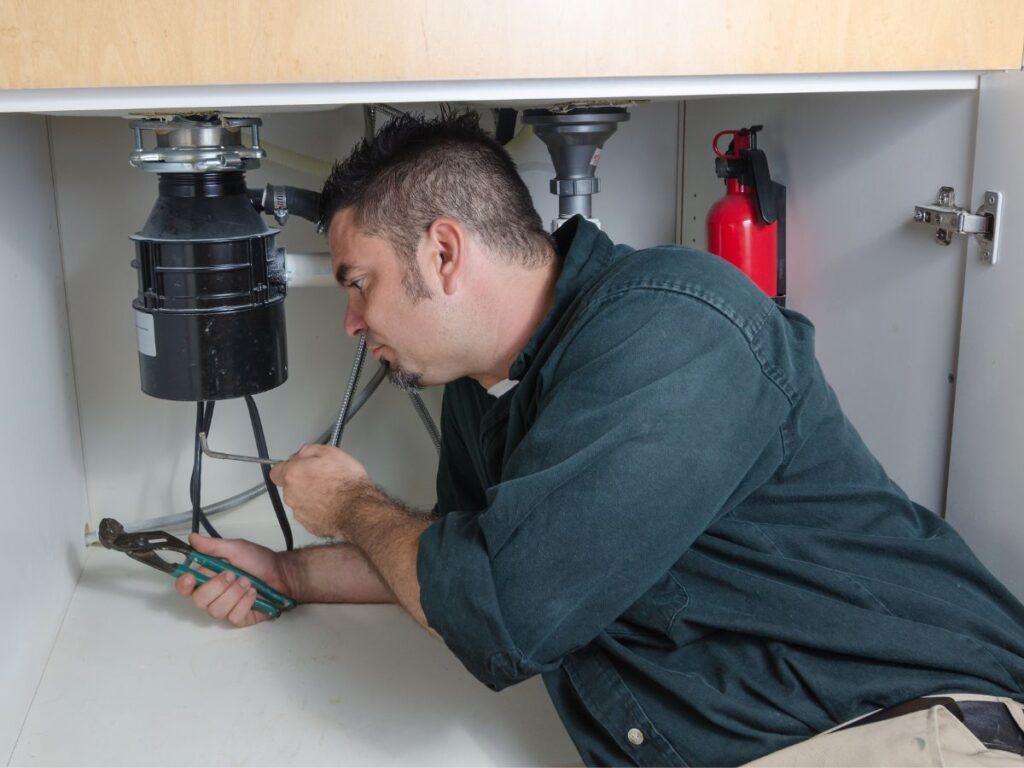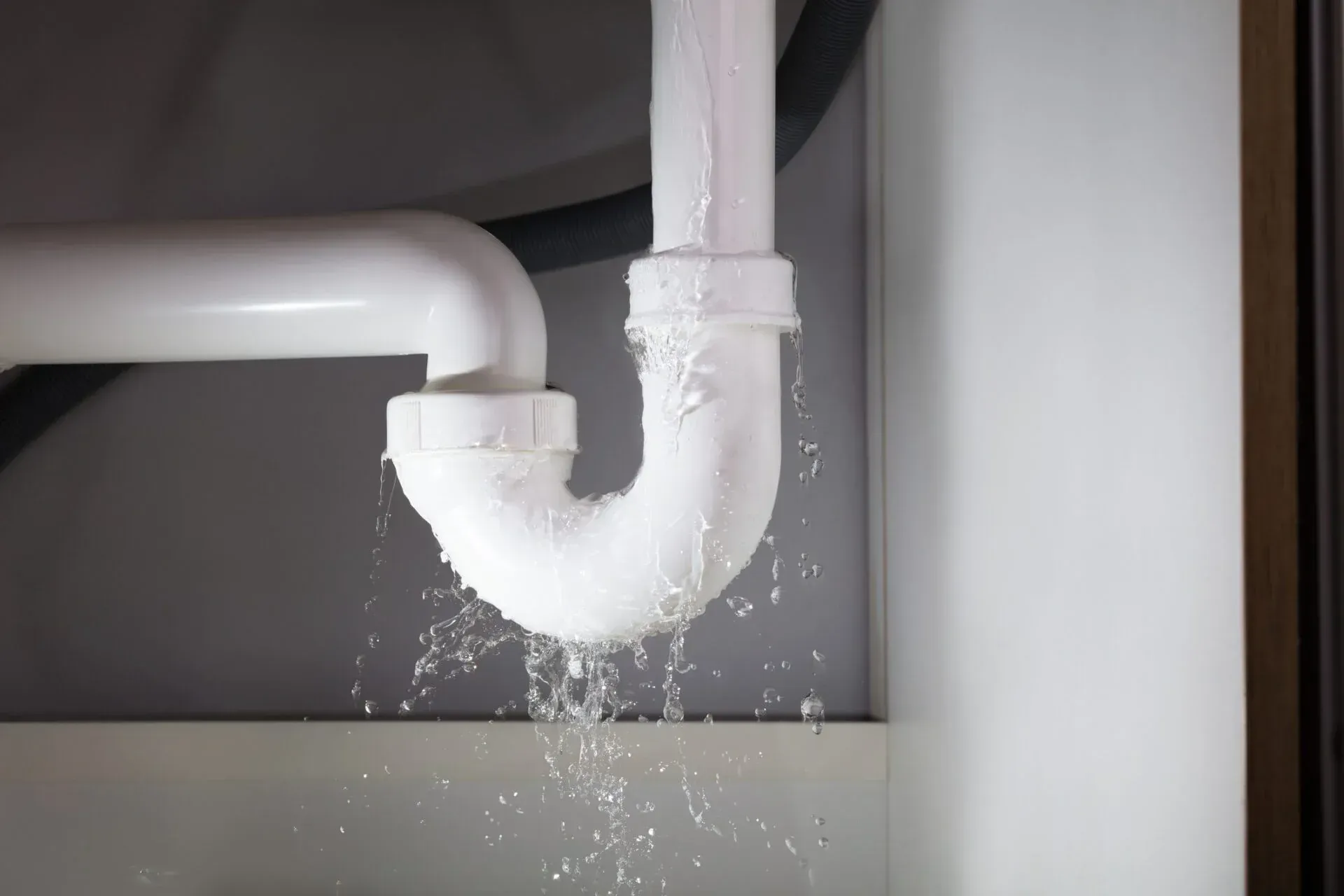The Cost of Sewer Line Replacement: What You Need to Know in 2025
Dealing with a damaged sewer line is a significant concern for homeowners, not only due to the potential disruption but also because of the associated costs. Understanding the factors that influence the cost of sewer line replacement in 2025 can help you prepare and make informed decisions. This comprehensive guide delves into the various aspects affecting the expenses, providing you with a clear picture of what to expect.
Average Cost of Sewer Line Replacement
As of 2025, the average cost to replace a sewer line is approximately $3,319, with most homeowners spending between $1,388 and $5,323. However, depending on various factors, the total expenditure can range from as low as $225 to as high as $10,000. These variations are primarily due to differences in pipe materials, the length of the sewer line, and the complexity of the installation process.
Factors Influencing Sewer Line Replacement Costs
Several key factors contribute to the overall cost of replacing a sewer line:
1. Pipe Material
The type of material used for the sewer line significantly impacts the cost. Common materials and their average costs per linear foot include:
PVC (Polyvinyl Chloride): Approximately $4.50 per linear foot. PVC is lightweight and easy to install, making it a cost-effective option.
ABS (Acrylonitrile Butadiene Styrene): Around $6 per linear foot. ABS is more durable than PVC and is also relatively easy to install.
Copper: Up to $85 per linear foot. Copper pipes are extremely durable and easy to replace but come with a higher price tag.
Cast Iron: Approximately $50 per linear foot. Cast iron is known for its durability and long lifespan.
2. Length of the Sewer Line
The total length of the sewer line needing replacement directly affects the overall cost. On average, running a new sewer pipe costs between $50 and $250 per linear foot, including materials and labor. Therefore, the longer the distance from your home to the municipal hookup, the higher the total cost.
3. Location and Accessibility
The location of the sewer line and its accessibility can influence labor costs. If the line runs under landscaping, driveways, or other structures, additional work may be required to access and replace it, increasing the overall expense.
4. Method of Replacement
The technique used for replacement also affects the cost:
Traditional Trenched Replacement: Involves excavating a trench to remove and replace the old pipe. This method can be labor-intensive and may require restoring landscaping or hardscaping afterward.
Trenchless Replacement: Methods like pipe bursting or pipe lining are less invasive and can be more cost-effective, especially when considering the reduced need for restoration work.
Additional Costs to Consider
Beyond the primary expenses, homeowners should be aware of potential additional costs:
Permits: Local regulations may require permits for sewer line replacement, adding to the overall cost.
Inspection Fees: Post-replacement inspections ensure the work meets code requirements and can incur additional fees.
Restoration Costs: If excavation is necessary, there may be costs associated with restoring landscaping, driveways, or sidewalks.
Cost-Saving Tips
To manage and potentially reduce the costs of sewer line replacement:
Obtain Multiple Quotes: Consult several licensed plumbers to compare estimates and services.
Consider Trenchless Methods: While the upfront cost may be higher, reduced restoration expenses can make trenchless methods more economical overall.
Regular Maintenance: Routine inspections and maintenance can identify issues early, potentially avoiding the need for full replacement.
Conclusion
Replacing a sewer line is a significant investment, but understanding the factors that influence the cost can help you budget effectively and choose the best options for your situation. By considering the type of pipe material, the length and location of the sewer line, and the replacement method, you can make informed decisions that balance durability and cost. Regular maintenance and proactive measures can also extend the lifespan of your sewer system, reducing the likelihood of unexpected expenses.

